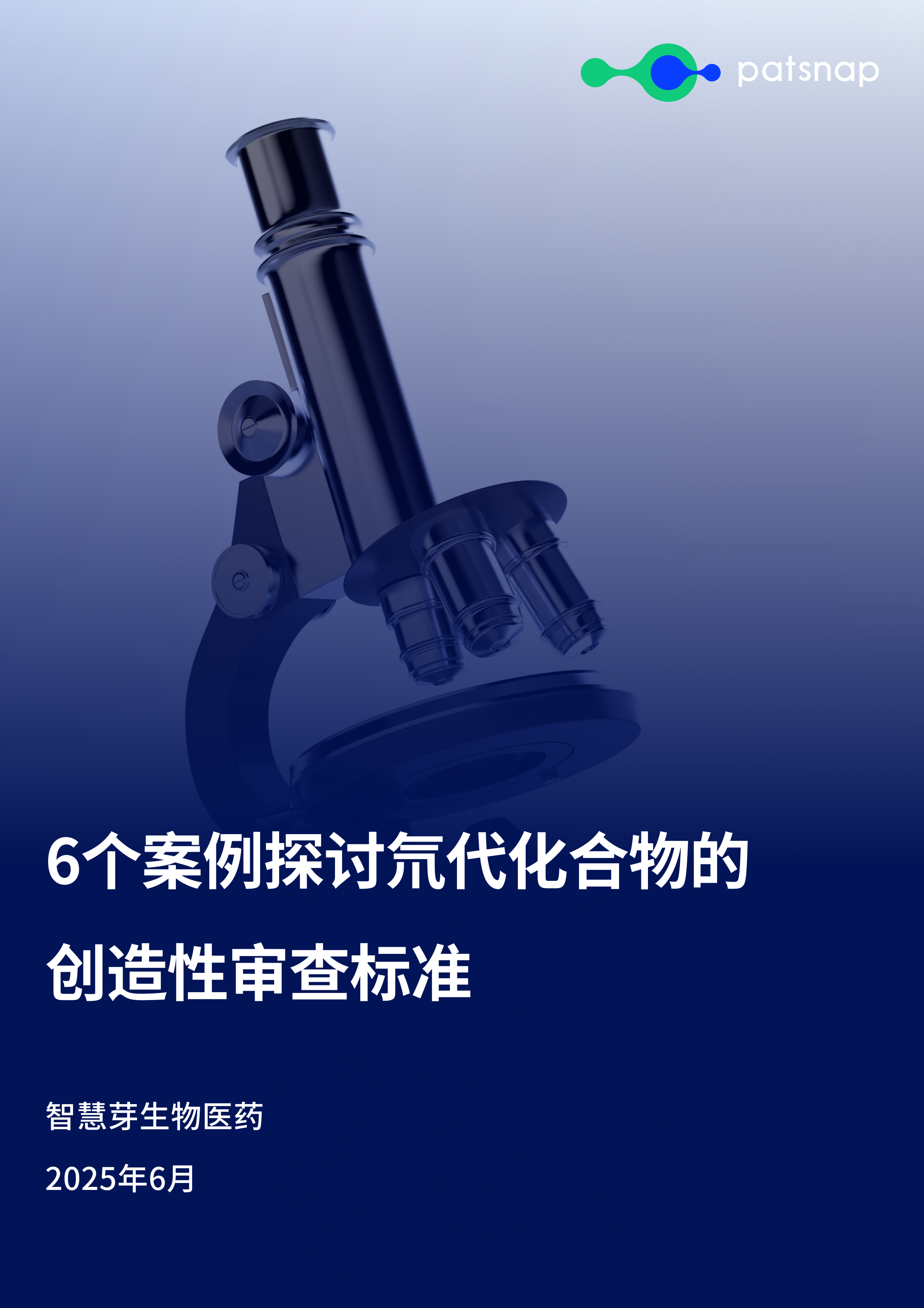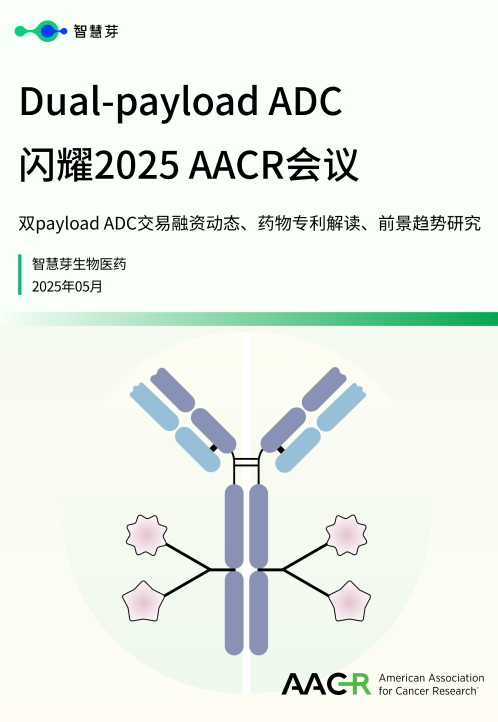预约演示
AstraZeneca/Sanofi’s RSV treatment shown to reduce hospitalisations in infants
2024-01-09
临床结果上市批准临床研究
AstraZeneca and Sanofi’s Beyfortus (nirsevimab) showed positive results in their HARMONIE trial, demonstrating that the respiratory syncytial virus (RSV) injection could significantly reduce infant hospitalisations.
AstraZenecaas coSanofiy tBeyfortussinirsevimabl Southampton, the University of Southampton, St George’s University Hospital and the University of Nottingham, with support from the National Institute for Health and Care Research (NIHR).
Responsible for more than 30University Hospital SouthamptonalisatUniversity of Southampton cSt George’s University Hospitalually cauUniversity of Nottinghamtoms.National Institute for Health and Care Research (NIHR)
However, for some infants, it can cause more severe lung problems, including bronchiolitis and pneumonia.cold-like symptoms
Involving 8,058 infants under the age of 12 months from the UK, France and Gebronchiolitisre eipneumoniar approaching their first RSV season, results from the trial showed that a single dose of Beyfortus offered immediate protection against RSV.
Beyfortus037 infants who were randomly assigned to receive the antibody injection, the efficacy of Beyfortus against hospitalisation for RSV-associated lower respiratory tract infection wasFood and Drug Administrationermany and 83.4% in the UK, with minimal adverse events, in comparison to infants who received no RSV intervention.
Professor Saul Faust, co-study leader and director of NIHR Southampton Clinical Research Facility, Beyfortusese latest results show that RSV-associated lower respiratory tract infectionect thousands of babies from hospitalisation when used in conditions similar to routine clinical practice.”
Dr Simon Royal, NIHR national specialty lead, primary NIHR and honorary assistant professor, University of Nottingham Medical School, said: “This study has shown how primary care clinicians, hospital specialists and the whole UK NIHR system can work together in a new partnership with industry to deliver rapid data to support a critical NHS need.”
Usually occurring from October, peaking in December, until March, the antibody injection could ease the strain that RSV typically causes on NHS resources during the winter season, in both secondary and primary care.
更多内容,请访问原始网站
文中所述内容并不反映新药情报库及其所属公司任何意见及观点,如有版权侵扰或错误之处,请及时联系我们,我们会在24小时内配合处理。
靶点
-药物
Eureka LS:
全新生物医药AI Agent 覆盖科研全链路,让突破性发现快人一步
立即开始免费试用!
智慧芽新药情报库是智慧芽专为生命科学人士构建的基于AI的创新药情报平台,助您全方位提升您的研发与决策效率。
立即开始数据试用!
智慧芽新药库数据也通过智慧芽数据服务平台,以API或者数据包形式对外开放,助您更加充分利用智慧芽新药情报信息。





